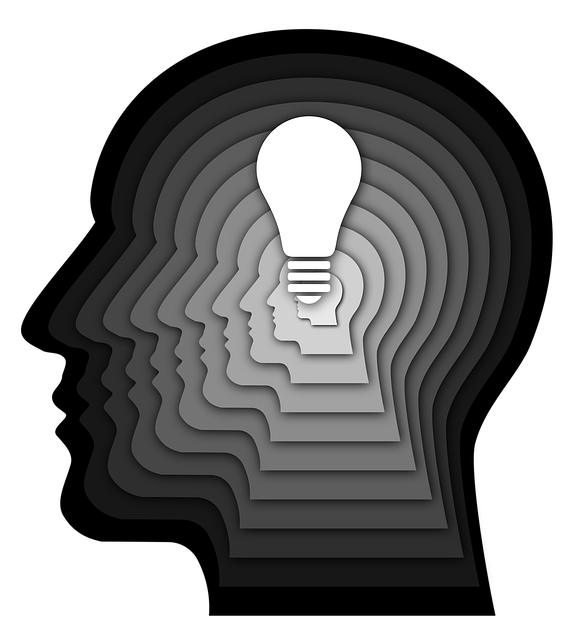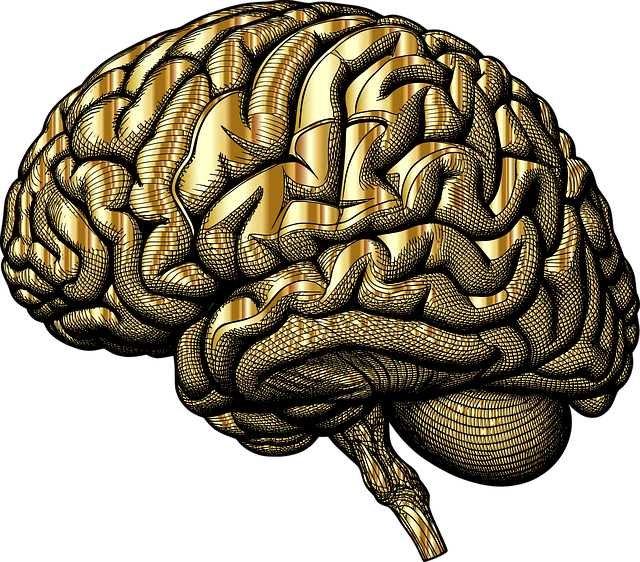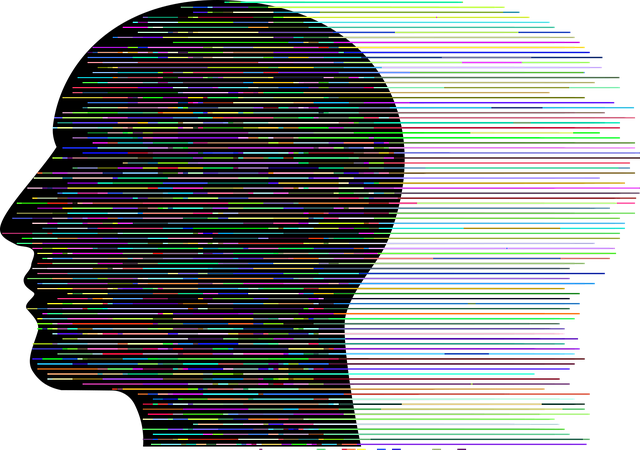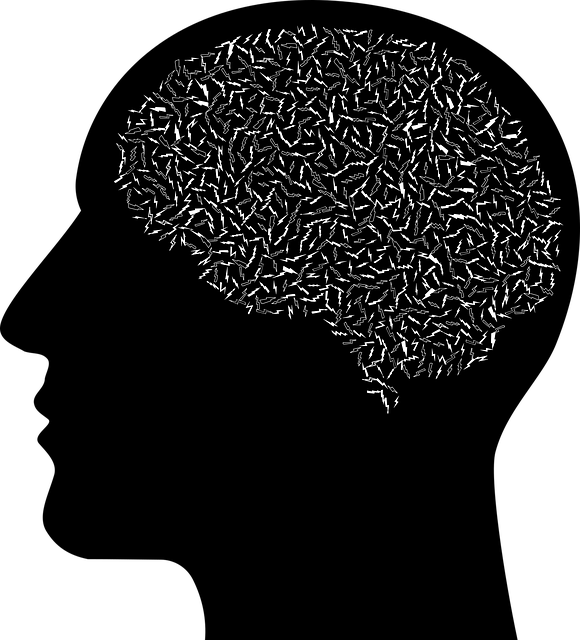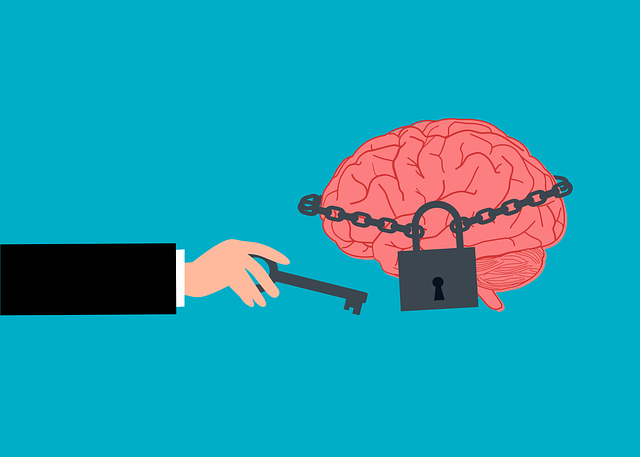Mental health data analysis is crucial for effective treatment and support strategies, utilizing diverse sources like electronic health records, research studies, and community surveys. Lone Tree Acceptance and Commitment Therapy (ACT) offers a holistic approach, tracking patient progress through life satisfaction and emotional flexibility metrics. Preprocessing and cleaning are essential to gain accurate insights, involving handling missing values, outliers, and normalizing data. ACT's integration of mindfulness, acceptance, and values-driven actions enables compassionate risk assessments and enhances self-awareness, benefiting both individual clients and mental health services overall. Visual tools like graphs and infographics aid in uncovering trends within large datasets, while strict confidentiality standards protect client privacy, fostering honest self-reporting for effective therapy.
Mental health data analysis is a complex yet crucial process, offering valuable insights into individual and societal well-being. This article explores essential components of mental health data interpretation, from understanding diverse data sources like Lone Tree Acceptance and Commitment Therapy (ACT) practices to applying ACT principles for meaningful analysis. We’ll delve into preprocessing techniques, effective visualization tools, and ethical considerations, guiding readers through the landscape of mental health data for enhanced decision-making and improved support systems.
- Understanding Mental Health Data: Collection and Sources
- Preprocessing and Cleaning Techniques for Accurate Analysis
- Applying Acceptance and Commitment Therapy (ACT) Principles in Data Interpretation
- Visualizing Trends: Effective Tools for Mental Health Insights
- Ethical Considerations and Privacy in Mental Health Data Analysis
Understanding Mental Health Data: Collection and Sources

Understanding Mental Health Data is a cornerstone for effective treatment and support strategies. This data encompasses a wide range of information, from individual symptoms and diagnoses to societal trends and impacts of specific interventions. Collection methods vary widely, with traditional paper records, clinical interviews, self-reported questionnaires, and digital tools like mobile apps providing valuable insights. For instance, Lone Tree Acceptance and Commitment Therapy (ACT) has utilized these sources to gather data on patient progress, focusing not just on symptom reduction but also on factors such as life satisfaction and emotional flexibility, enabling a holistic understanding of mental health.
Key sources include electronic health records, research studies, and community surveys. Each offers unique advantages: structured clinical notes provide detailed accounts of treatment sessions; research studies offer controlled environments for evaluating interventions; while community surveys capture broader trends across diverse populations. Incorporating Self-Awareness Exercises and Confidence Boosting techniques can enhance data quality by promoting accurate reporting from individuals. Similarly, Inner Strength Development programs have shown promise in improving engagement with mental health care, potentially enriching the dataset for interpretation.
Preprocessing and Cleaning Techniques for Accurate Analysis

In the realm of mental health data analysis, preprocessing and cleaning techniques are pivotal for achieving accurate insights. Before any meaningful interpretation can occur, raw data often requires meticulous handling to mitigate noise and biases. This involves several steps, including identifying and handling missing values through imputation or deletion methods, addressing outliers that could skew results, and normalizing data to ensure consistency across different measurements. For instance, in the context of Lone Tree Acceptance and Commitment Therapy (ACT), preprocessing might include categorizing participants based on their initial mental health assessments, enabling more targeted analysis for specific groups.
Furthermore, integrating techniques like feature scaling ensures that variables are expressed in comparable units, facilitating robust statistical analyses. This is particularly relevant when examining emotional healing processes and inner strength development within ACT frameworks. Additionally, data cleaning should encompass verifying the accuracy of coded responses, especially when evaluating qualitative feedback from participants involved in community outreach program implementations. These preparatory steps not only enhance data quality but also foster more reliable conclusions, enabling researchers and practitioners to make informed decisions regarding mental health interventions.
Applying Acceptance and Commitment Therapy (ACT) Principles in Data Interpretation

In the realm of mental health data analysis and interpretation, Acceptance and Commitment Therapy (ACT) offers a powerful framework for understanding client experiences and behaviors. By applying ACT principles, professionals can gain valuable insights into individuals’ struggles and strengths, enhancing their ability to deliver tailored interventions. This approach emphasizes mindfulness, acceptance, and values-driven actions, allowing practitioners to navigate complex data with compassion and objectivity.
For mental health professionals, integrating ACT techniques into data interpretation facilitates a nuanced risk assessment. Through this lens, potential challenges and growth opportunities become apparent, enabling more effective risk management planning. Moreover, encouraging clients to engage in Mindfulness Meditation can be a game-changer, fostering self-awareness and helping them stay aligned with their personal values, which is a core aspect of ACT. This holistic view not only benefits individual clients but also contributes to the overall improvement of mental health services, especially when coupled with comprehensive risk assessment strategies.
Visualizing Trends: Effective Tools for Mental Health Insights

Visualizing trends is a powerful technique in mental health data analysis, offering valuable insights into individual and collective well-being. Tools such as graphs, charts, and infographics can help professionals uncover patterns and anomalies within large datasets. For instance, visualizing the progress of patients undergoing Lone Tree Acceptance and Commitment Therapy (ACT) can reveal distinct trends in symptoms reduction over time, providing empirical evidence for the therapy’s effectiveness. This visual representation aids therapists in tailoring treatments to specific needs, enhancing patient outcomes.
Furthermore, these visualization techniques extend beyond individual therapy sessions. They can be employed to analyze broader mental health trends within communities or healthcare settings, identifying areas of concern and informing Burnout Prevention Strategies for Healthcare Providers. By tracking stress levels, empathy building strategies, and overall mental health indicators over time, professionals can implement targeted interventions, fostering a more supportive environment and better managing Stress Management.
Ethical Considerations and Privacy in Mental Health Data Analysis

In the realm of mental health data analysis, ethical considerations and privacy are paramount. As we navigate the intricate landscape of individual experiences and vulnerabilities, it’s crucial to ensure that all processes adhere to strict confidentiality standards. This is especially vital when dealing with sensitive information from clients who seek treatments like Lone Tree Acceptance and Commitment Therapy (ACT). Every piece of data, whether it’s about anxiety relief or stress management workshops organization participation, must be handled with discretion to protect the privacy of individuals.
The development of mental wellness coaching programs relies heavily on this ethical framework to foster trust. By prioritizing privacy, we enable open communication and honest self-reporting—essential for effective therapy and research. This careful approach not only ensures the safety of personal information but also enhances the overall effectiveness of interventions, ultimately contributing to improved outcomes in anxiety relief and stress management workshops organization initiatives.
Mental health data analysis is a complex yet essential process, offering valuable insights into individual and societal well-being. By combining robust data collection from various sources with sophisticated preprocessing techniques, we can gain profound understanding. Incorporating evidence-based approaches like Lone Tree Acceptance and Commitment Therapy (ACT) principles enriches interpretation, enabling more effective support for mental health challenges. Leveraging advanced visualization tools further clarifies trends and patterns, empowering professionals to make informed decisions. As we navigate this field, adhering to strict ethical considerations and privacy standards is paramount to fostering trust and ensuring the responsible use of mental health data.

